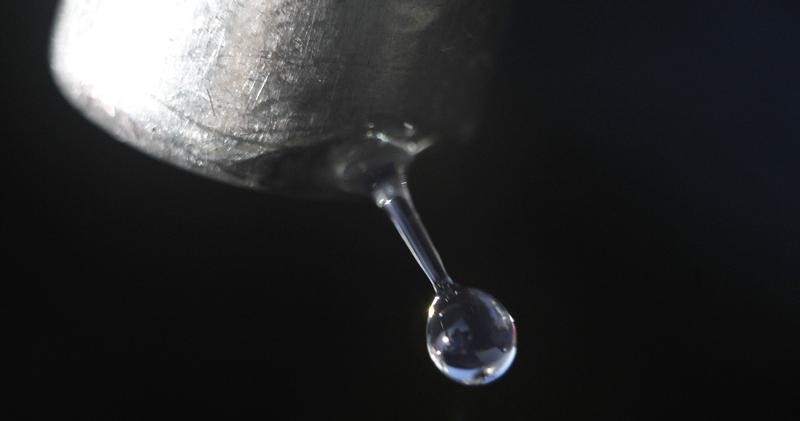This post was originally published on this site
https://i-invdn-com.investing.com/trkd-images/LYNXMPEI1615K_L.jpg
SEOUL (Reuters) – Battery maker LG Energy Solution Ltd (LGES) said on Tuesday it aims to boost sales by about 8% in 2022, seeing a pick-up in market conditions for electric vehicle (EV) batteries as a global chip shortage likely eases later in the year.
The newly listed South Korean firm, which accounts for a fifth of the global EV battery market, swung to profit in the October-December quarter, even as the chip shortage affecting automakers led to weaker than expected demand for batteries.
LGES, which became South Korea’s second-largest listed firm last month in the country’s biggest ever IPO, posted an operating profit of 76 billion won ($63.5 million) for the fourth quarter, it said in its maiden earnings report.
That compares with a 150 billion won profit estimate by two analysts polled by Refinitiv and a loss of 479 billion won in the same period a year earlier.
Analysts noted that the global chip shortage had affected demand from automakers, hurting the company’s results. LGES rivals SK On and Samsung (KS:005930) SDI Co Ltd had reported a similar impact on battery demand in the fourth quarter.
Revenue at the company, which supplies Tesla (NASDAQ:TSLA) Inc and General Motors Co (NYSE:GM) among others, rose 2% to 4.4 trillion won from a year earlier.
LGES said it has set this year’s capital expenditure budget at 6.3 trillion won, up 58% from a year earlier, to finance capacity expansion at its global manufacturing facilities to meet demand for its batteries.
“LGES will continue to move forward with bold investment plans needed in the long run. We are confident our business model of preparing for the future will definitely help us lead the industry,” LGES chief executive officer Youngsoo Kwon said in a statement.
LGES made a stellar market debut in late January, surging to a market capitalisation of about $98 billion, second only to Samsung Electronics (OTC:SSNLF) Co Ltd on the local bourse, reflecting upbeat prospects for EV battery industry.
Its shares have since risen another 8.5% and added a further 3.5% on Tuesday, versus a 1.2% rise in the broader market KOSPI.
Global EV sales, estimated at 2.5 million vehicles in 2020, are forecast to grow more than 12-fold to 31.1 million by 2030 and account for nearly a third of new vehicle sales, according to consulting firm Deloitte.
In late January, LGES said it plans to invest a total of $2.6 billion with GM to build their third joint battery plant in the United States, aiming to secure an annual capacity of about 50 gigawatt hours (GWh) of batteries by 2025, enough to power about 700,000 EVs. The two companies are already building two joint battery plants in Ohio and Tennessee.
($1 = 1,196.8700 won)


